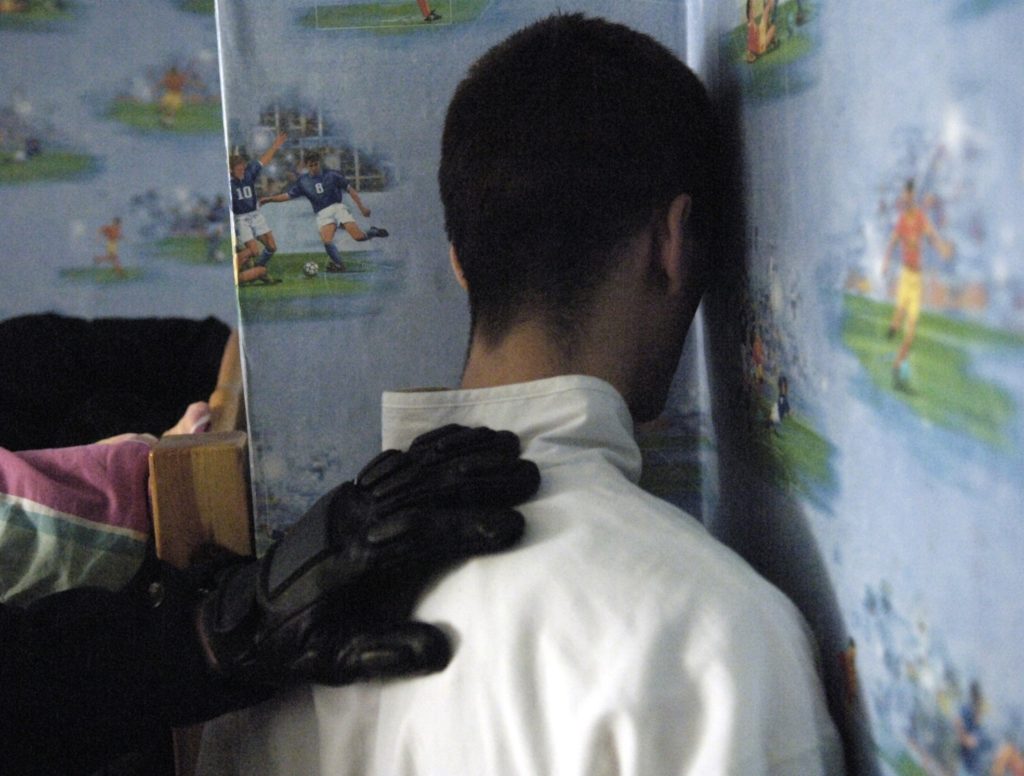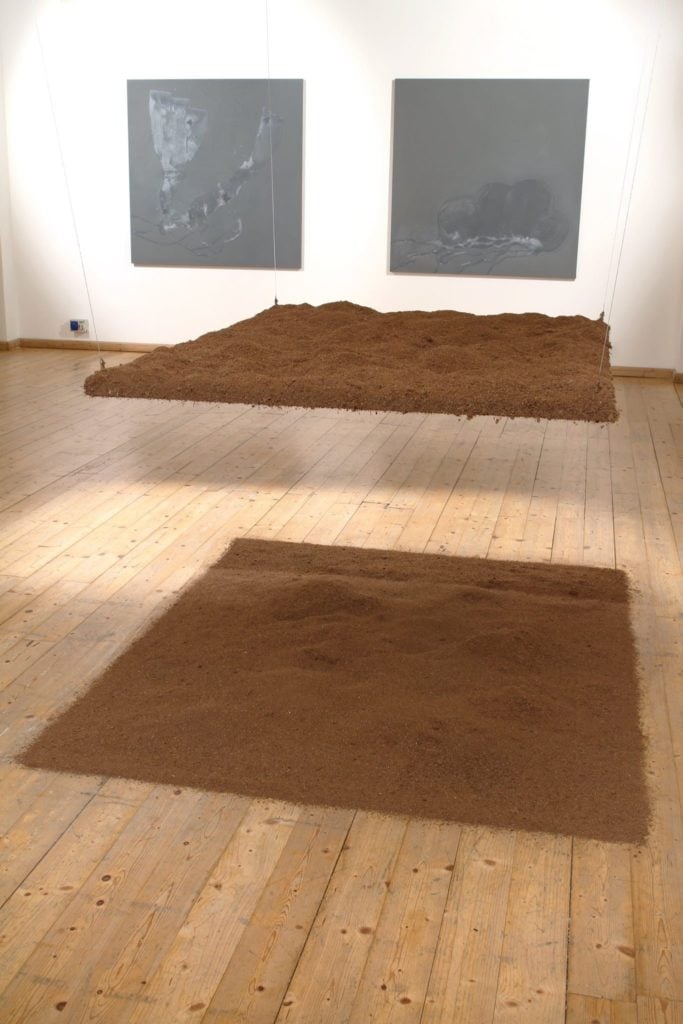Art World
Upcoming Exhibition in Morocco Explores Art’s Role in Times of Crisis
In January, the personal will meet the political at the second Fez International Artists Gathering.

In January, the personal will meet the political at the second Fez International Artists Gathering.

Alyssa Buffenstein

The 2nd annual Fez International Artists Gathering is set to take place from January 12-14, in Fez, Morocco, tackling the theme of “Art in the Time of Crisis.”
The 2017 gathering will include a group exhibition and conference with panels exploring topics like “contemporary art,” “photography and documentary films,” “art in education,” and “art, islam, and extremism.”
The exhibition is curated by Pascual Jordan, of Werkstattgalerie in Berlin, and photographer Evi Blink, who participated in last year’s edition as a panelist, after undertaking a photographic research project on Moroccan women. The duo work closely with Omar Chennafi, founder of the event.
Artists in the exhibition are a diverse bunch, coming from Morocco, France, Germany, Spain, Italy, and the US, but each of the 14 deals with themes of crisis in their work, whether in a political or personal sense.
Aesthetic approaches vary from narrative and conceptual to abstract, with the curators telling artnet News: “The dialogue between these different [approaches] is quite interesting for us, because the multiplicity achieves a closer look to the theme.”
“We open this exhibition for an existential discourse about identity, poverty, war, freedom, and art,” they added.
Jordan emphasized the importance of the German- and English-language documentary film Der Mut zu Vergeben (The Courage to Forgive), telling the story of 15-year-old Saria, an amateur photographer from a village outside Aleppo, who was captured and tortured by government soldiers in 2012 after taking pictures of street scenes on an iPhone. After being released, he was later kidnapped again, this time by the free Syrian army.

Caroline Le Mehaute, Porter – surface. The artist’s work will be featured in the exhibition at the 2nd Annual Fez International Artists Gathering. Image courtesy Werkstatt Galerie.
The documentary will be shown alongside deep blue abstract paintings by Ingeborg zu Schleswig-Holstein, inspired by 13th century poet Rumi, and a video work by Moroccan performance artist Madiha Sebbani entitled Transfer, depicting the artist asleep.
Other works include a powerful series of photographs by French artist Pierre Jouve called “Marianne brises”, which he took while following a Parisian police unit for a year, that explore French integration politics. These will be displayed with photos by Blink, capturing moments of refugees in Germany waiting to find out whether they will be granted asylum.
“Of course contemporary art reflects our current structures in societies, as well as their crises, and reminds us of the responsibility every one of us has,” the curators told artnet News, stressing that artistic dialogue can be the first step in the process of recognizing injustice and provoking change. “We all know art can provoke appetite but cannot appease hunger,” they said.